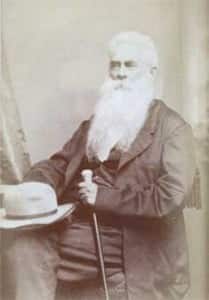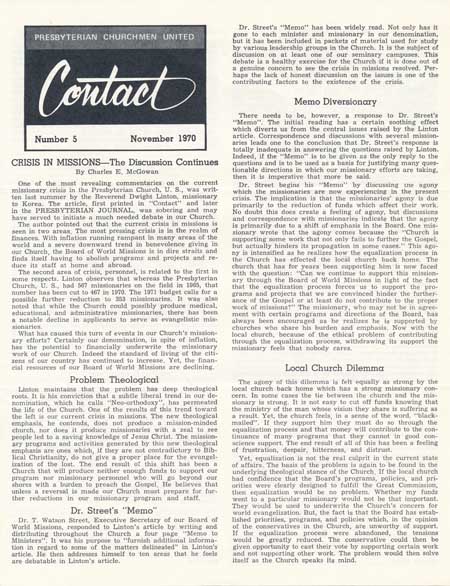STUDIES IN THE WESTMINSTER SHORTER CATECHISM
by Rev. Leonard T. Van Horn
Q. 63 Which is the fifth commandment?
A. The fifth commandment is, Honour thy father and thy mother; that thy days may be long upon the land which the Lord thy God giveth thee.
Q. 64 What is required in the fifth commandment?
A. The fifth commandment requireth the preserving the honor, and performing the duties, belonging to everyone in their several places and relations, as superiors, inferiors, or equals.
Scripture References: Exodus 20:12; Ephesians 5:21-22; 6:1, 5, 9; Romans 12:10; 13:1.
Questions:
l. What is meant by “father and mother” in this commandment?
The terms “father and mother” mean not only the natural parents of a person, but also those in authority over him in age and in gifts.
2. Does that mean there are superiors and inferiors and equals in the sight of God?
Yes, the terms “father and mother” indicate those who are superior in their gifts from God whether it be in the realm of age or ability. The term “inferiors” indicates there are those who must subject themselves to the authority of others. The term “equals” indicates there are those brethren that are equal in ability, age, place or dignity.
3. Do the things taught in this commandment extend to other realms?
Yes, not only does it mean parents and children but it extends to husbands and wives, to masters and servants, to rulers and their subjects, to ministers and congregations, to older and younger. Although the commandment speaks specificially our answers following are primarily concerning the parent-child relationship, its requirements are applicable in other relationships as well.
4. What are the duties of the inferiors to their superiors?
The duties of inferiors toward superiors are to honor them, inwardly and outwardly; to listen to their instructions; to obey their commands; to meekly accept their reproofs; to love them; to care for them when necessary.
5. What are the duties of superiors towards inferiors?
The duties of superiors toward inferiors are: To love and care for them; to train them in the knowledge of the Scriptures; to pray for them; to keep them under subjection; to encourage them by kindness and reproof; to prepare them for the future.
THE RESPONSIBILITY OF AUTHORITY
A cardinal rule that ought to regulate society: authority involves responsibility! The greater the authority, the greater the responsibility. It makes no difference whether the authority is exercised in the realm of the family or the realm of the church or the realm of the state. The responsibility goes with it and it is a heavy burden. God, in His wisdom, and for His own reasons, hands out to certain of His people the mandate to be the “superiors”. These people have been given by God certain abilities, certain gifts that put them over their fellow men. With these abilities, these gifts, naturally comes authority. This is something that must be present in our society whether it be in the family or church or state. With this authority there is the ever-present responsibility to use these abilities, these gifts, all to the glory of God.
It is sufficient to say here that there are certain basic responsibilities. There the responsibility of the superior to have an attitude of love, backed up by constant prayer, toward those under him. There must be a real interest in them. There can never be the attitude of detachment.
There is the responsibility of training, teaching that the person in authority always has. He must “instruct, counsel and admonish them” at all times. This includes the warning of those under him of evil. Especially in the church today there is too little of this being done. The people are being taken down roads plainly marked “Disaster” and very few seem to be raising a cry of warning.
There is the responsibility of the superior to recognize well doing on the part of the people under him. This comes under the area of encouragement, a very necessary part of the ablllty of a person to go on in this life.
There is the responsibility of correction no matter what it might cost the superior in the way of friendship, economic advancement, success. The superior must be fair in his correction but he must correct. This again is sadly lacking today in our land.
In I Samuel 12 :23 God teaches those in authority of their responsibility before Him and before those with whom they have to do.
Published By: The Shield and Sword, Inc., Memphis, Tennessee.
Dedicated to instruction in the Westminster Standards for use as a bulletin insert or other methods of distribution in Presbyterian churches.
Vol. 4 No. 58 (October, 1965)
Rev. Leonard T. Van Hom, Editor


